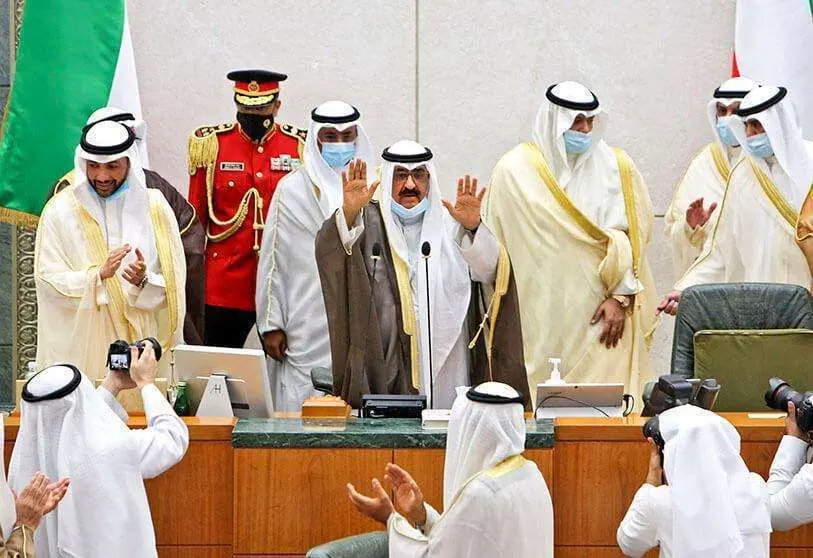Kuwait holds parliamentary elections in the midst of the crisis by COVID-19

Kuwait faces parliamentary elections this Saturday amidst the crisis caused by the COVID-19. Voting will take place under strict measures to contain the spread of the virus. The country has set up facilities for citizens who are infected or have symptoms to vote at special polling stations.
Saturday's elections are the first under its new ruler, Nawaf al Ahmad Al-Sabah, who took office in September, following the death of his predecessor Sabah Al-Ahmad Al-Sabah. 567,000 Kuwaitis are called to the polls and will be able to choose from the 326 candidates who are standing, including 29 women.
Kuwait's Parliament is elected for a 4-year term and has broad legislative powers. Parties are neither banned nor recognised, but many groups - including Islamists - operate as de facto parties. The Gulf country was the first in the region to establish an elected Parliament in 1962, and in 2005 women gained the right to vote and stand for election. But despite holding parliamentary elections with some degree of freedom, real power remains with the ruling Al-Sabah family and the emir who appoints the government.
As the opposition has weakened in recent years, no major political changes are expected in this year's elections. A few election posters dotted around the streets have been the only reminder of the nation's political calendar. Also, with over 143,917 cases of coronavirus to date, including 886 deaths, the election campaign has softened further this year. The election campaign has been conducted mainly through social networks and the media.
Ahmad Deyain, secretary general of the opposition Kuwaiti Progressive Movement, said he expected a lower voter turnout than in previous years after the boring campaign. The usual issues that have been addressed throughout the campaign are the recurrent ones: from promises to fight corruption and plans to address youth employment, to freedom of expression, housing, education and the thorny issue of "bidoon", Kuwait's stateless minority.
Between 2009 and 2013, and especially after the Arab Spring riots of 2011, the country went through a period of political turmoil, with parliament and cabinets dissolved several times following disputes between legislators and the government led by the ruling family. Deyain said he expected some parliamentarians in the new National Assembly to be "more dynamic" in trying to resolve some issues. He also stressed that "there are still disputes over the electoral system and the mismanagement of state funds".
In addition to the political turmoil, the impact of COVID-19 on the Kuwaiti economy has also been noted. As any oil producing country, it has seen how the prices of crude oil were falling, being this the main source of income for the country.








